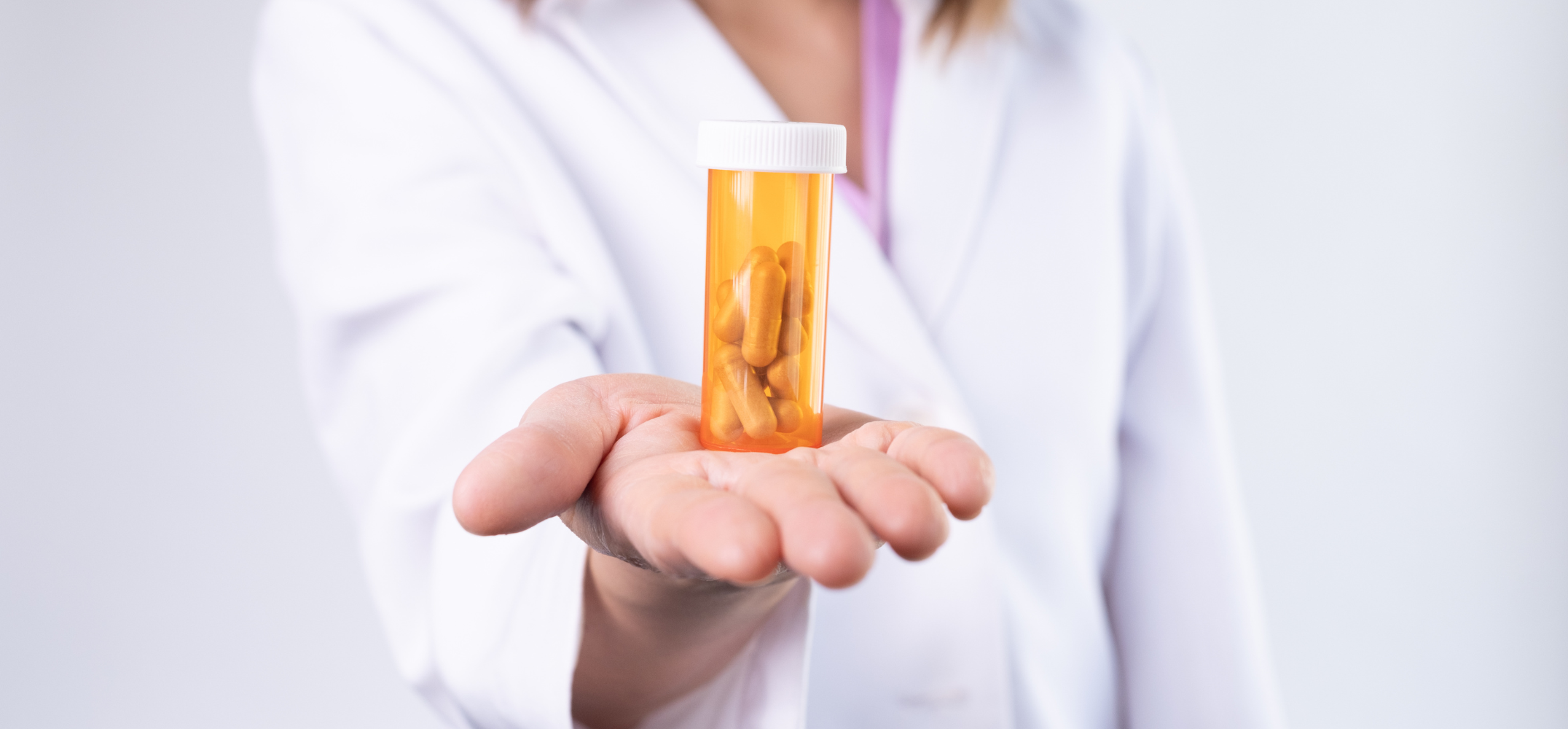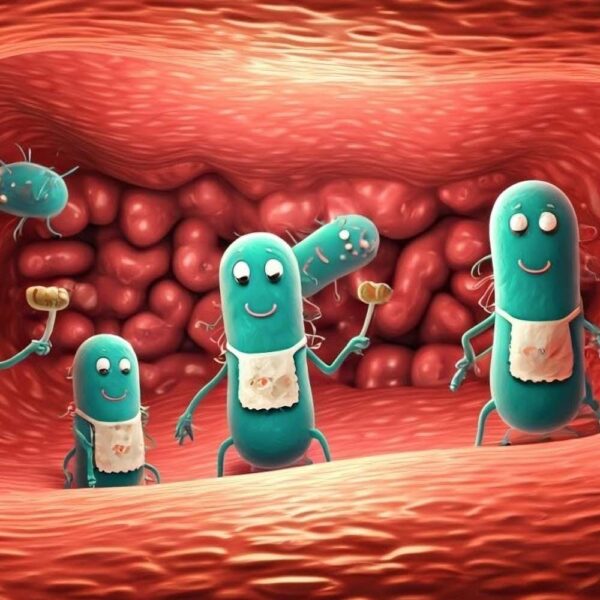Antibiotics kill the bacteria that are causing illness by bursting bacteria cell walls, and destroying the proteins and DNA that keep the bacteria alive. Unfortunately, they also kill the good bacteria in your gut that you need for healthy digestion, and interfere with your body’s ability to absorb some critical nutrients. While there are hundreds of different antibiotics, most can be grouped into six classes that treat different conditions:
- Penicillin
- Cephalosporins
- Aminoglycosides
- Tetracyclines
- Macrolides
- Fluoroquinolones
Each of these medications is used to kill different bacteria in different parts of the body, each interacting differently with nutrients in your diet and supplements – some more devastatingly than others. They can interfere with your ability to absorb critical vitamins and minerals, which can lead to additional health problems and nutrient deficiencies. They kill gut bacteria – both good and bad and all antibiotics have this effect.
INTERACTIONS
There are MANY, but here are 3 examples:
- TETRACYCLINE (usually used for acne) can block absorption by binding with minerals such as calcium, magnesium, iron and zinc in the GI tract. Taking Vitamin C with tetracycline may increase levels of the antibiotic, but the antibiotic may decrease the effects of Vitamin C in the body. It interferes with vitamin B activity and absorption – and likewise the other way round. So take them away from each other. This particular drug is very damaging to the liver. Using these antibiotics in the long-term can lower the body’s levels of B2, B9 (folic acid), B7 (biotin), B6, and B12. The University of Michigan Medical School (UMMS) recommends that people taking tetracycline for longer than two weeks ask their doctors about supplementation.
- NEOMYCIN interferes with B-12 and folic acid activity by decreasing absorption or increasing elimination. UMMS recommends supplementing if taking neomycin for more than a few days.
- CEPHALOSPORINS reduce Vitamin K absorption. But essentially they ALL can have long-term side-effects which can be devastating.
OUR ADVICE IS AS FOLLOWS:
- AVOID them if you can!!! Use instead the highly effective “protocol” of AV/AT and AntiBiobotanical with PLENTY of Vitamin C like we do, to avoid antibiotic use. They work as well without the damage to the gut and to the liver. (You will find these all at https://sallyanncreed.co.za/shop
- Take a good probiotic anyway, like MaxiProbiotic.
- Don’t be too quick to take antibiotics unless you are seriously infected. Get bed rest and change your diet if you get frequent infections. Read 63 DAYS TO OPTIMUM HEALTH on how to remain healthy. That’s the key STAYING HEALTHY! A healthy body will avoid most disease, viruses and other ills. It’s your ‘health insurance’
You can get AntiBioBotanical, AV/AT, Vitamin C, MaxiProbiotic, and 63 Days to Optimum Health from our online store at https://sallyanncreed.co.za/shop.







